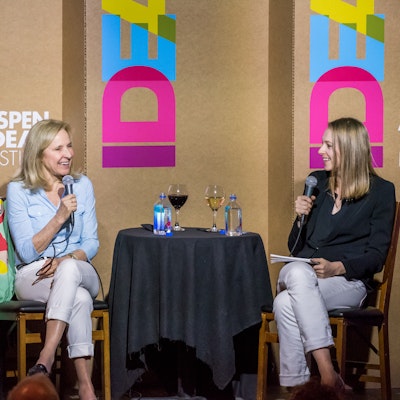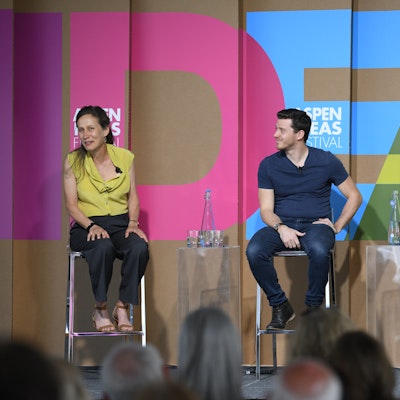
Well-being should be regarded fundamentally as something no different than learning to play golf, chess, or the violin.
Show Notes
Scientific evidence suggests that we can change our brains by transforming our minds and cultivating habits of mind that will improve well-being. These include happiness, resilience, compassion, and emotional balance. Each of these characteristics is instantiated in brain circuits that exhibit plasticity and thus can be shaped and modified by experience and training. Mental training to cultivate well-being has profound implications for schools, the workplace, and society as a whole. Richard J. Davidson is the William James and Vilas Professor of Psychology and Psychiatry and director of the Waisman Laboratory for Brain Imaging and Behavior at the University of Wisconsin-Madison. Davidson has published over 320 articles and edited 14 books, including The Emotional Life of Your Brain. NOTE: Davidson shared a couple of short video clips during his talk at the Festival. The first shows video games developed for kids to cultivate habits of kindness and pro-social behavior. The second is a demonstration of the preschool kindness curriculum that he refers to in the podcast. Watch here: https://www.youtube.com/watch?v=V8BvPl8tylU
Explore
Related episodes


How should we change the way we parent, educate, and understand young people?


What does it mean to be creative? How can we all tap into creative potential?


What makes two people click? What does it really mean to say, “we have chemistry”?


Our brains are getting older, but there's still much to be optimistic about.


It used to be that having a “bird brain” was an insult. Now, it’s practically a compliment!







